Data Governance
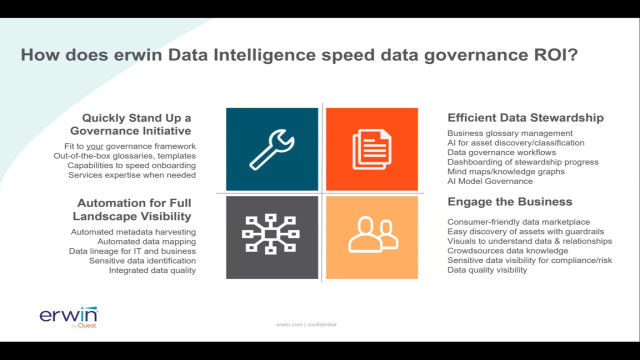 43:47
43:47
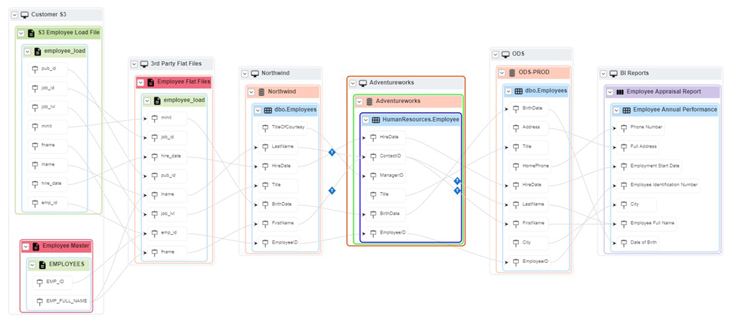
See into your data landscape
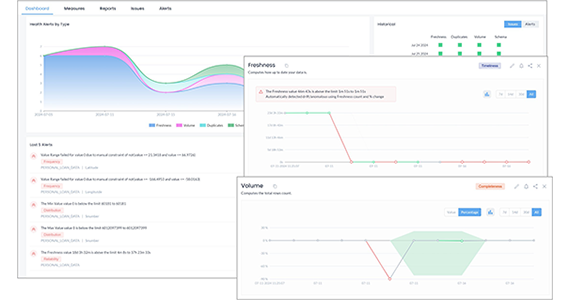
Keep an eye on data reliability
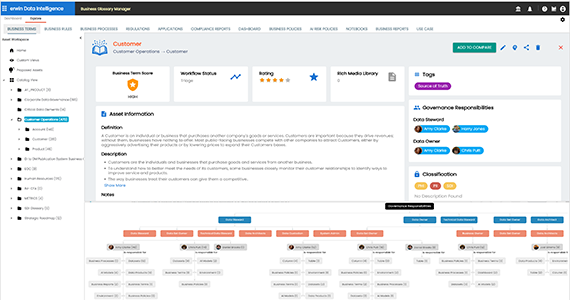
Adopt your own governance framework
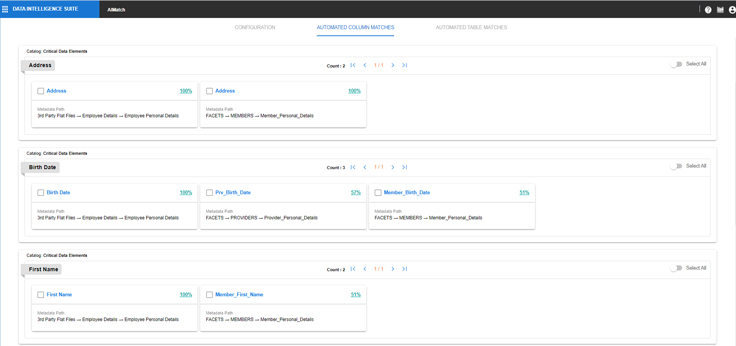
Speed data stewardship efforts

Gain a 360-degree view of all assets
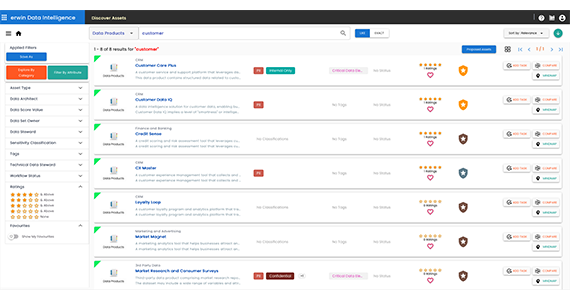
Govern and expand use of valuable data
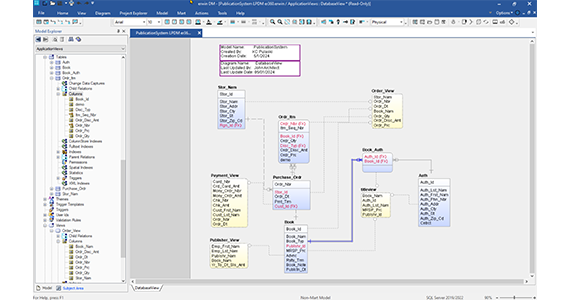
Set a foundation with data modeling
erwin by Quest is a data governance solutions leader
Why trust erwin for your data governance program?
Leading organizations worldwide are relying on erwin by Quest from model to marketplace to both advance data maturity and make sound data governance truly achievable.
Together, erwin Data Modeler by Quest and erwin Data Intelligence by Quest help companies lay a sound foundation for data governance when designing data architecture, managing data-related risks and expanding the discovery and use of high-value, trusted data more broadly across enterprises.
A customizable data governance framework, out-of-the-box glossaries and templates, and backed by a knowledgeable team of experts, erwin by Quest helps organizations quickly stand-up data governance programs. Market-leading data catalog automation capabilities for metadata-harvesting, data mapping, data lineage, impact analysis, data quality and sensitive data identification make full enterprise data visibility achievable. Data governance teams have the business glossary management and data stewardship automation to efficiently assign business meaning to data and drive data governance forward. And all have the self-service data discovery, data literacy, data marketplace and collaboration capabilities to truly maximize the value of data.
Get started now
Resources
Powered by data: E.ON's journey to sustainable energy
7 Steps to Maximizing the Value of Your Data eBook
Quadrant Knowledge Solutions 2024 Data Governance Spark Matrix
The State of Data Intelligence, October 2024
Wealth management firm simplifies audit preparation and gains data estate visibility
erwin by Quest Customer Value eBook
2024 Bloor Research Analyst Review of erwin Data Intelligence
Real-World Data Governance: Unlocking Data Governance’s Potential Through Data Stewardship
Blogs

Steps for creating a data governance strategy
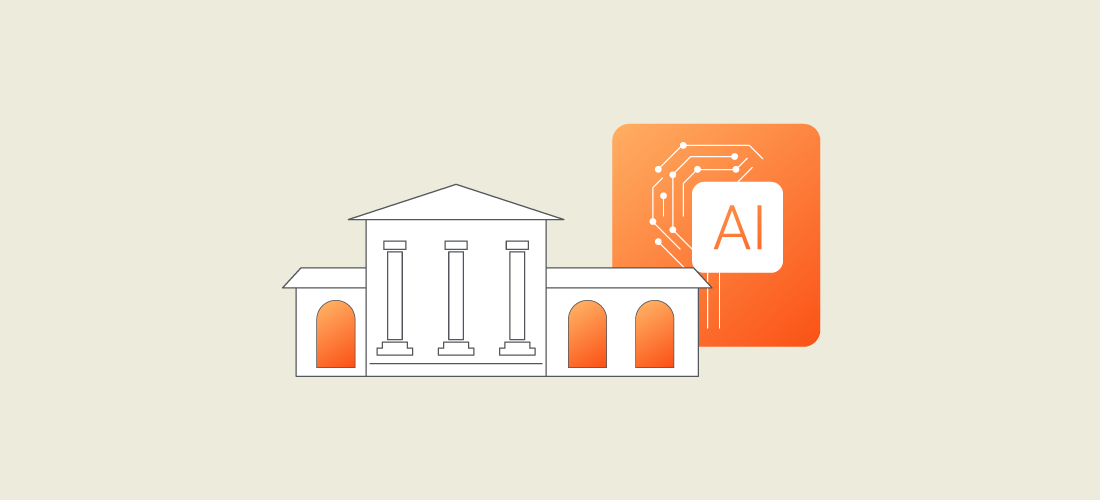
7 key components to include in your AI data governance strategy
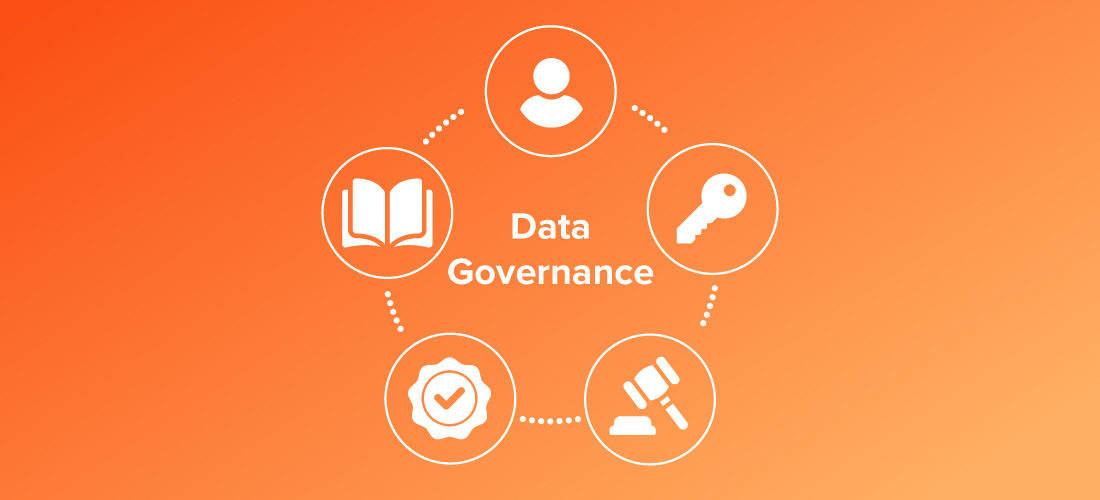
The top benefits of data governance and how it enables better decision-making
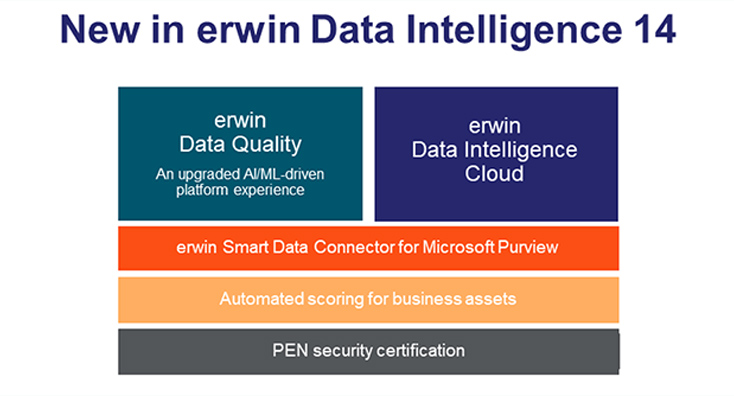
Introducing erwin Data Intelligence 14: Dive into data quality, ensure data reliability and leverage new deployment flexibility
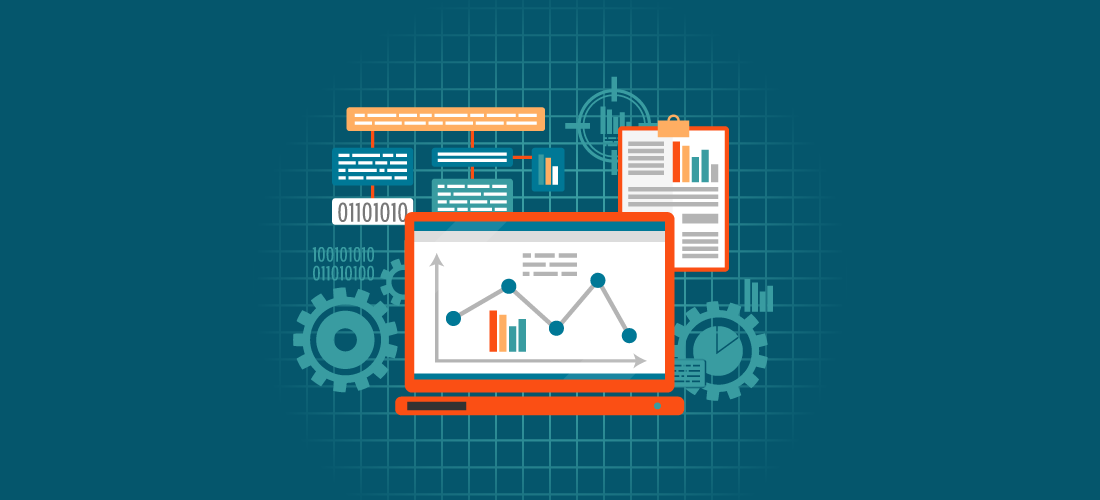
Building data maturity: 7 steps to achieve data maturity and maximize data value
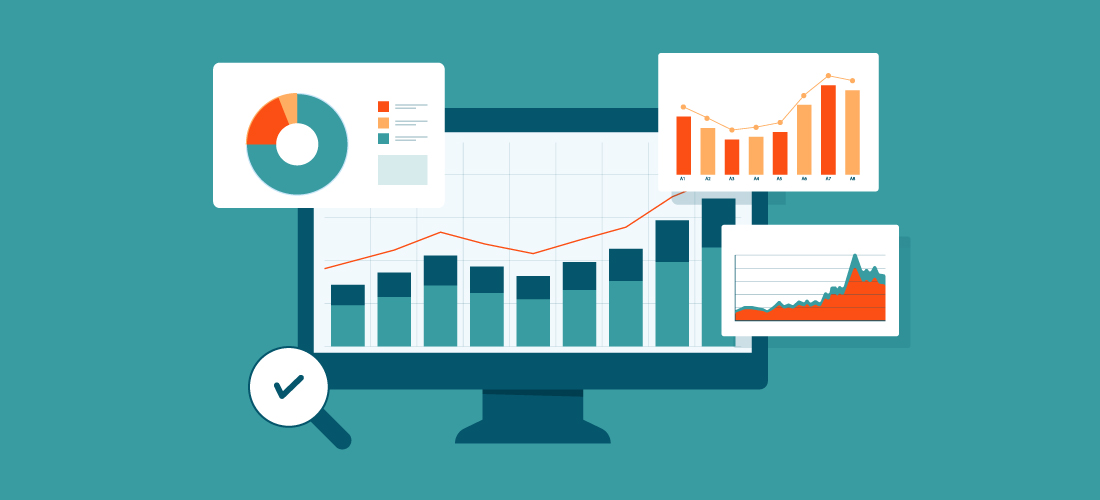
erwin Data Intelligence: A Data Partner’s Perspective

